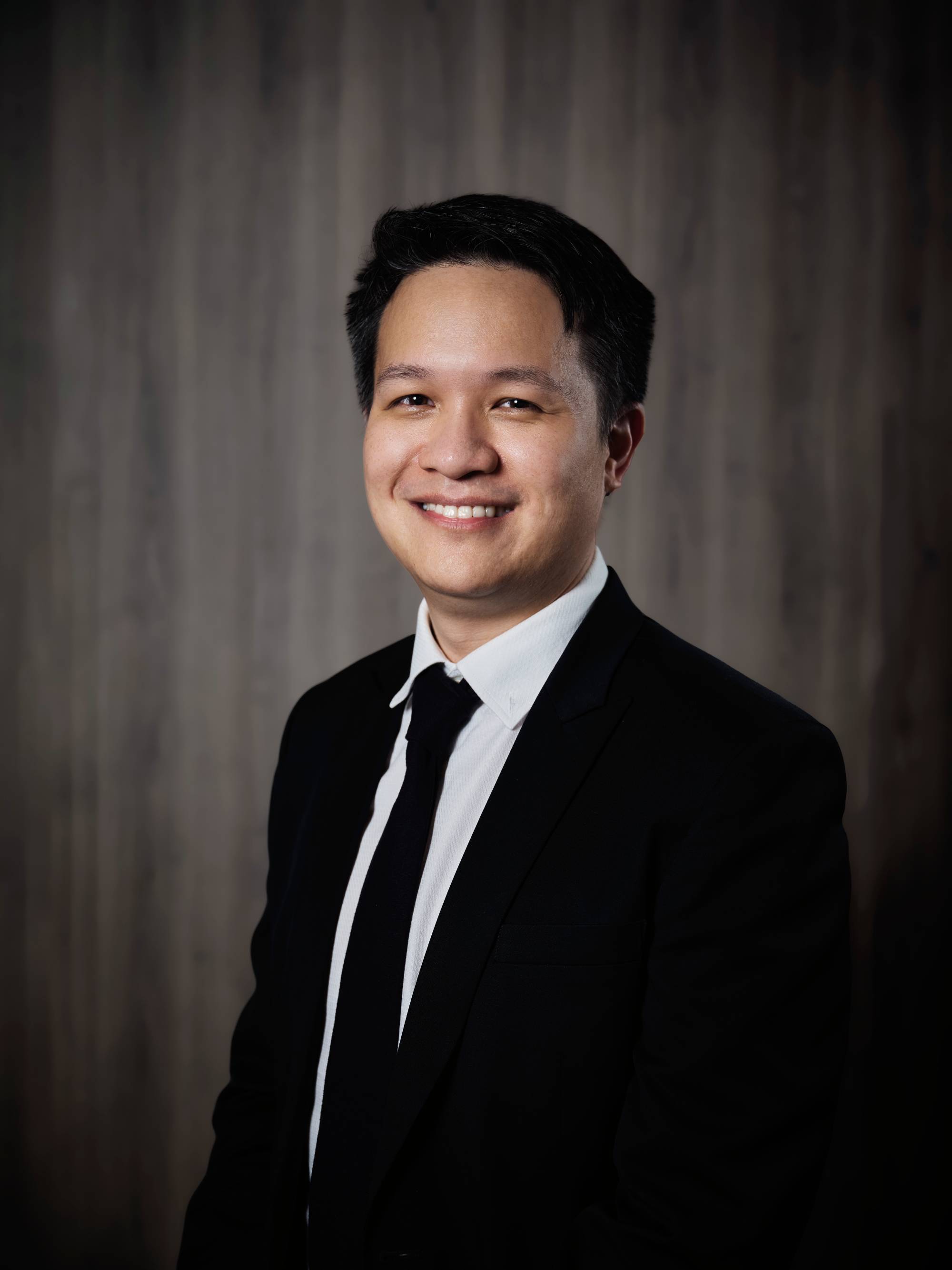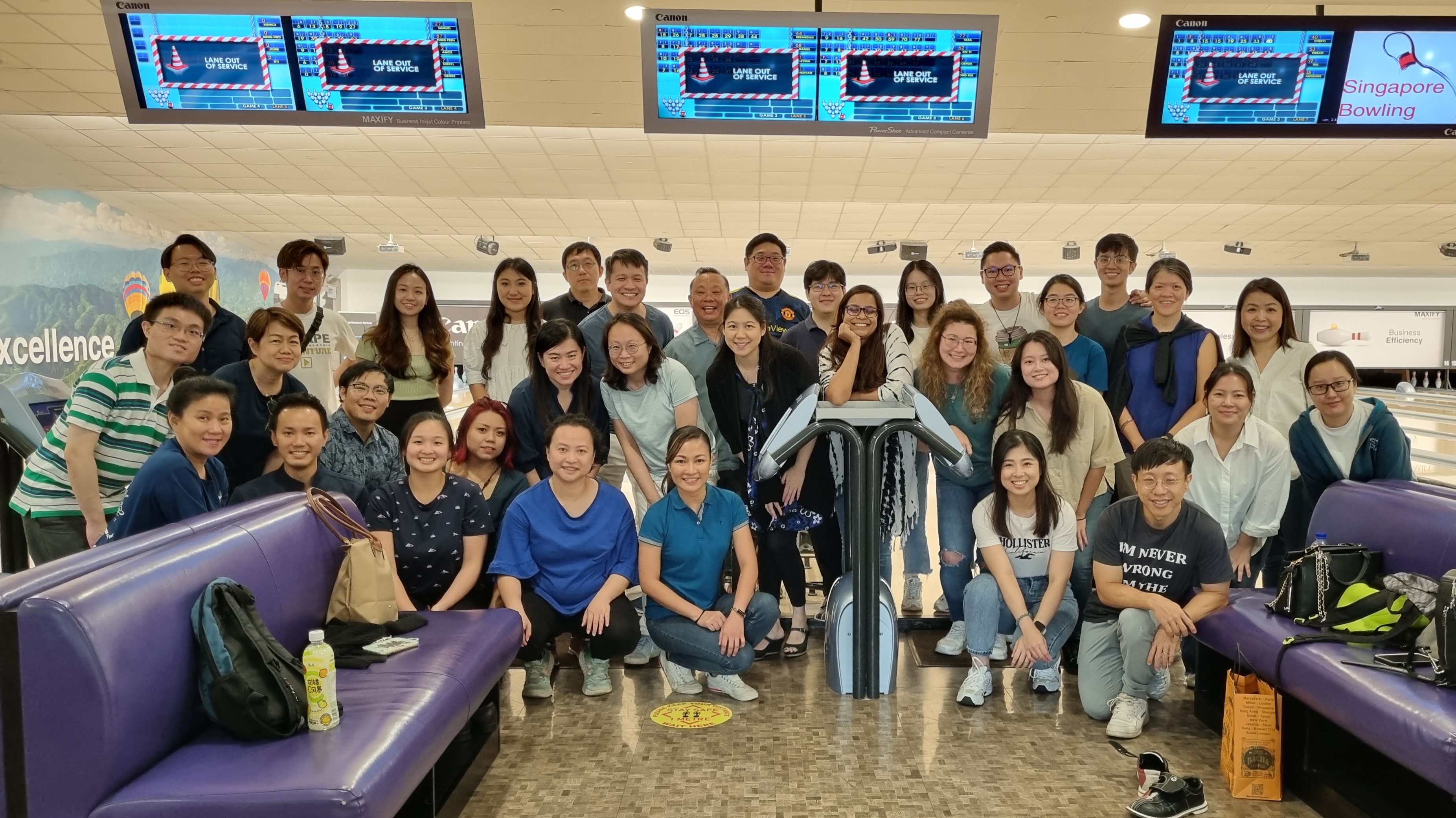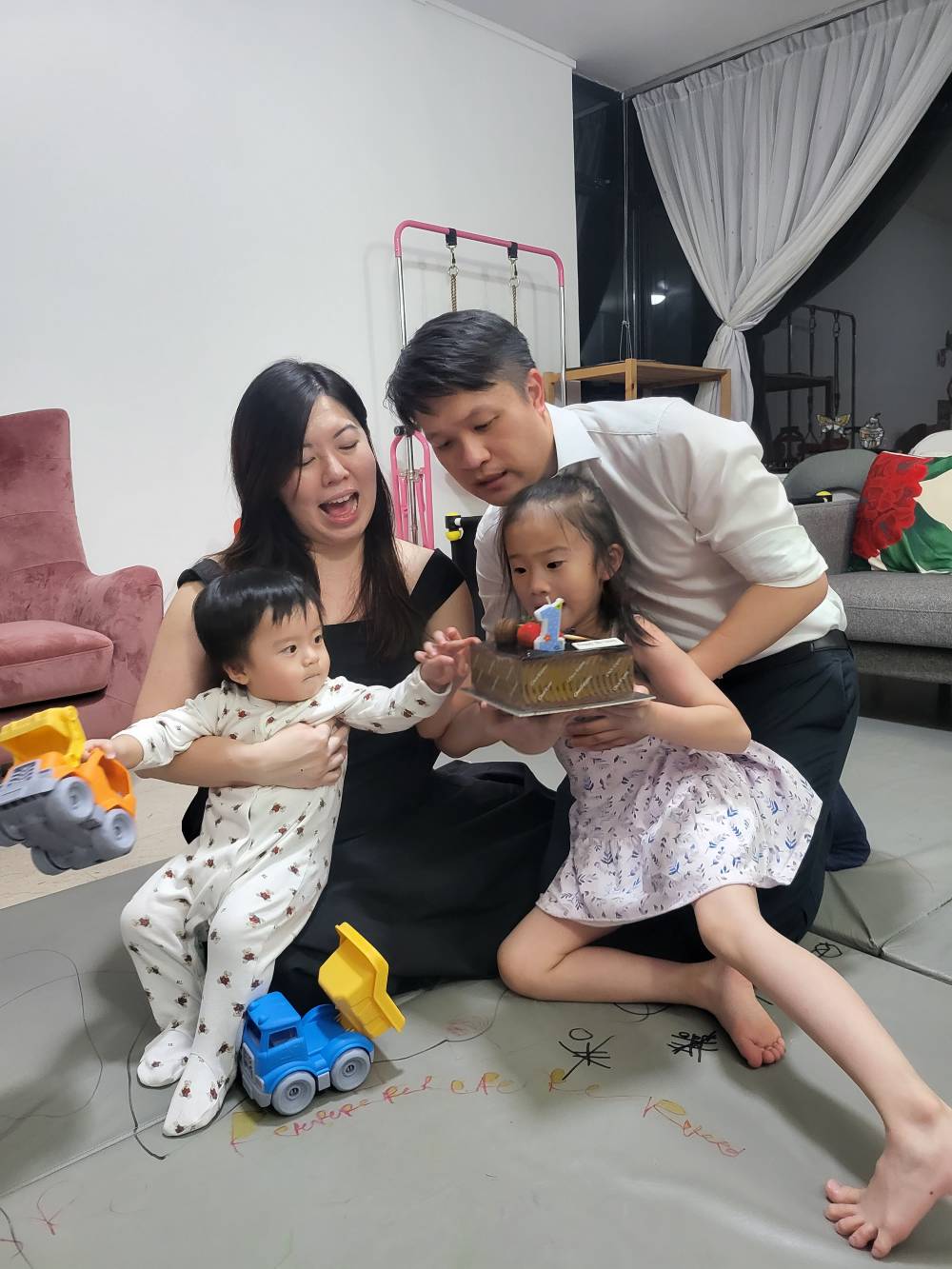TRIS XAVIER: RE-ENTERING THE RING
Entering practice at any stage is tricky, but even more so after a decade away, shares the former lecturer.

BY ASHUTOSH RAVIKRISHNAN
A year in practice can feel like a lifetime. But although it’s been over a year since he left academia, Mr Tris Xavier still feels like he has a lot of room to grow in private practice.
He puts it down to, among other things, the glaring difference in who he’s ultimately responsible for these days.
Gone are the days of dealing with students; in their place are clients, who are a different kettle of fish altogether. “In a medium-sized legal practice like Yuen Law, we personalise services and work closely with our clients to try and find a solution that fits them,” says Tris, who has been heading the firm’s Integrated Property Practice Group, which handles IP, insolvency and conveyancing matters, since early last year. “Instead of telling a student what the law says or doesn’t say, we need to come up with a solution that answers the client’s problem.”
It’s a heavy portfolio for someone who hasn’t been in practice for almost 15 years. But Mr Samuel Yuen, managing director of Yuen Law, tells SAL that he values the experience Tris brings. “We recognize that diversity and fresh perspectives bring unique insights and different skill sets, contributing to a richer and more dynamic legal landscape. This is why we actively support and provide opportunities to individuals who may not have prior experience in private practice, enabling them to build successful legal careers.”

The Yuen Law team, which includes a handful of those who are returning to practice after time away.
Perhaps what caught Samuel’s eye is Tris’ nine-year stint at the Ministry of Law, where he was involved in land and IP policy—which are both directly related to his portfolio.
That’s certainly the case for clients, says Tris. “They value the fact that I probably have a good inkling of the reasoning behind laws and where the regulator is coming from, which ultimately benefits them.”
Even then, it’s a portfolio that—at first glance—comprises three discrete areas of the law. But Tris insists that they are inherently interconnected. They all deal with issues of ownership, he says, as he launches into a long explanation of the “interconnectedness of all things”. By the end of it, I’m convinced of his point. Maybe that knack for persuasion —more than anything else—is what draws clients to Tris’ door.
READY FOR RE-ENTRY
But as many members will attest to, being able to do the work is one thing, finding your footing in practice is a whole other matter.
“I’ll be honest, I did worry about being bullied by other lawyers because although I am somewhat senior in age, I haven’t actually had that much experience in private practice. Most of my time has been in public service and academia. But since coming back to practice, I’ve received so much grace and kindness from fellow practitioners, both within and outside the firm."
“Lawyers I’ve worked with before have called me up, not to just see how I’m doing, but to also offer advice. Sometimes, they actually suggest solutions on cracking difficult cases, and I try to return the favour where I can. I think that speaks volumes about the collegiate nature of our Bar.”
Some are concerned that the Bar is evolving, but Tris doesn’t necessarily see that as a bad thing.
“A friend and I observed recently that the ‘divide’ between management/partners and juniors was a lot more pronounced back in the old days. We used to—and still sometimes—refer to senior partners as Mr/Ms so-and-so. That’s not always the case anymore.”
To him, this shouldn’t be read as a diminishing of respect or decorum in the profession. “I don’t think calling someone by Mr/Ms necessarily means you respect them more. It’s just what this generation is used to.”
MANAGING FAMILY AND A PRACTICE
Why practice and why now? “Another mouth to feed,” he says unabashedly. That mouth is his second child, who’s just over 16 months old. But the demands of children go beyond just the financial. And Tris readily admits that some guilt comes with not spending enough time with your young ones.

After-work duties can even include birthday celebrations.
The challenge is amplified for those in more junior positions and women, he adds. “Being of a certain vintage, I can control my time a little bit. Any decision I make to stay late or to go back early is my own—but not everyone has that luxury. My friends who are mothers tell me that whatever I feel is multiplied exponentially for them.”
Still, it isn’t wholly without hope, as Tris notes. “That said, most clients have been quite understanding. I’ve sometimes had to postpone meetings at the last minute because of stuff at home – once I had to pick up my daughter from school because she was sick, and my wife was stuck in a meeting. I called up my client and he was extremely understanding.”
After a pause, he reverts to the encouraging educator many of his SUSS students know and love: “But at the end of the day, we do the best we can. That’s all we can hope for.”







